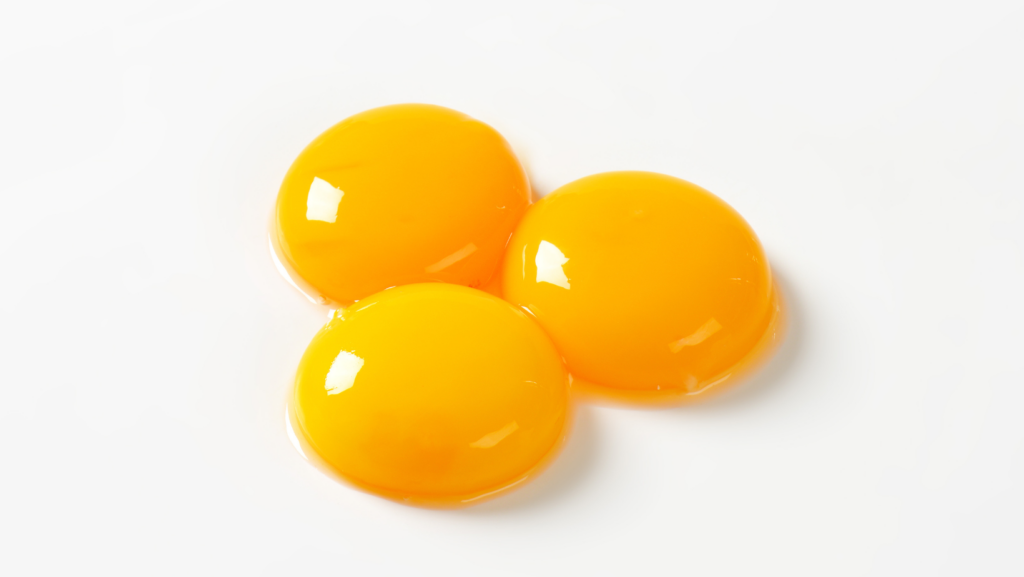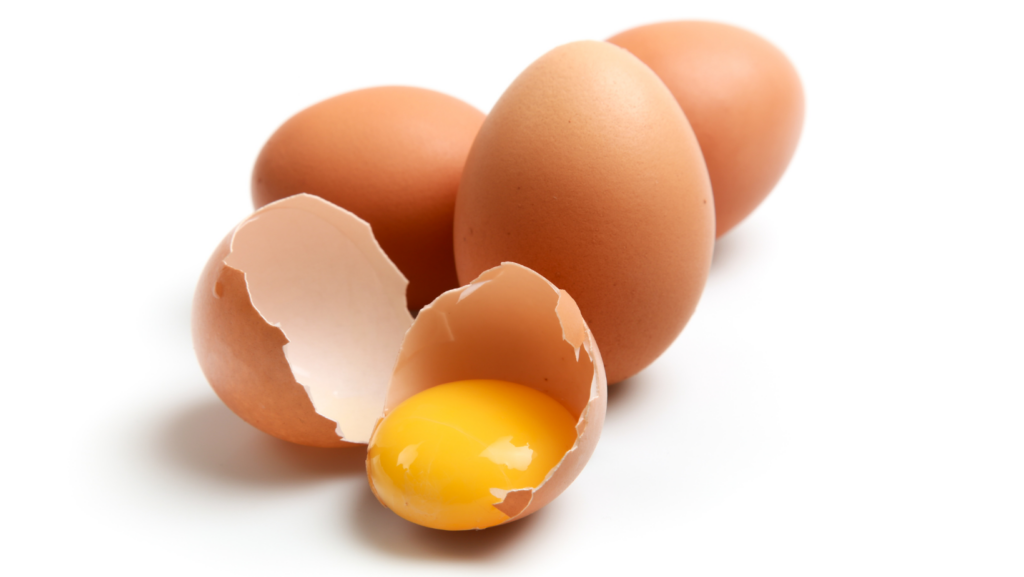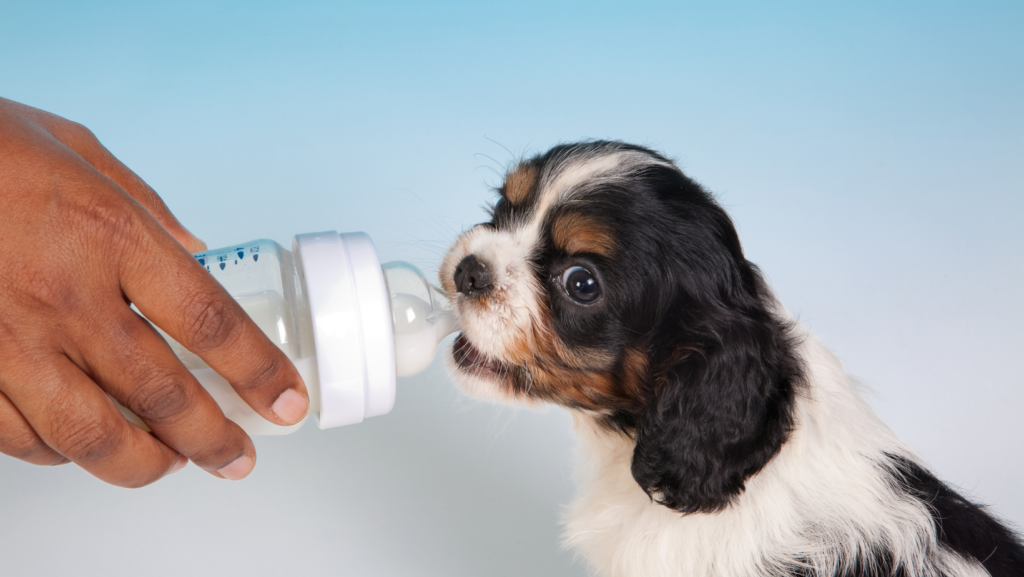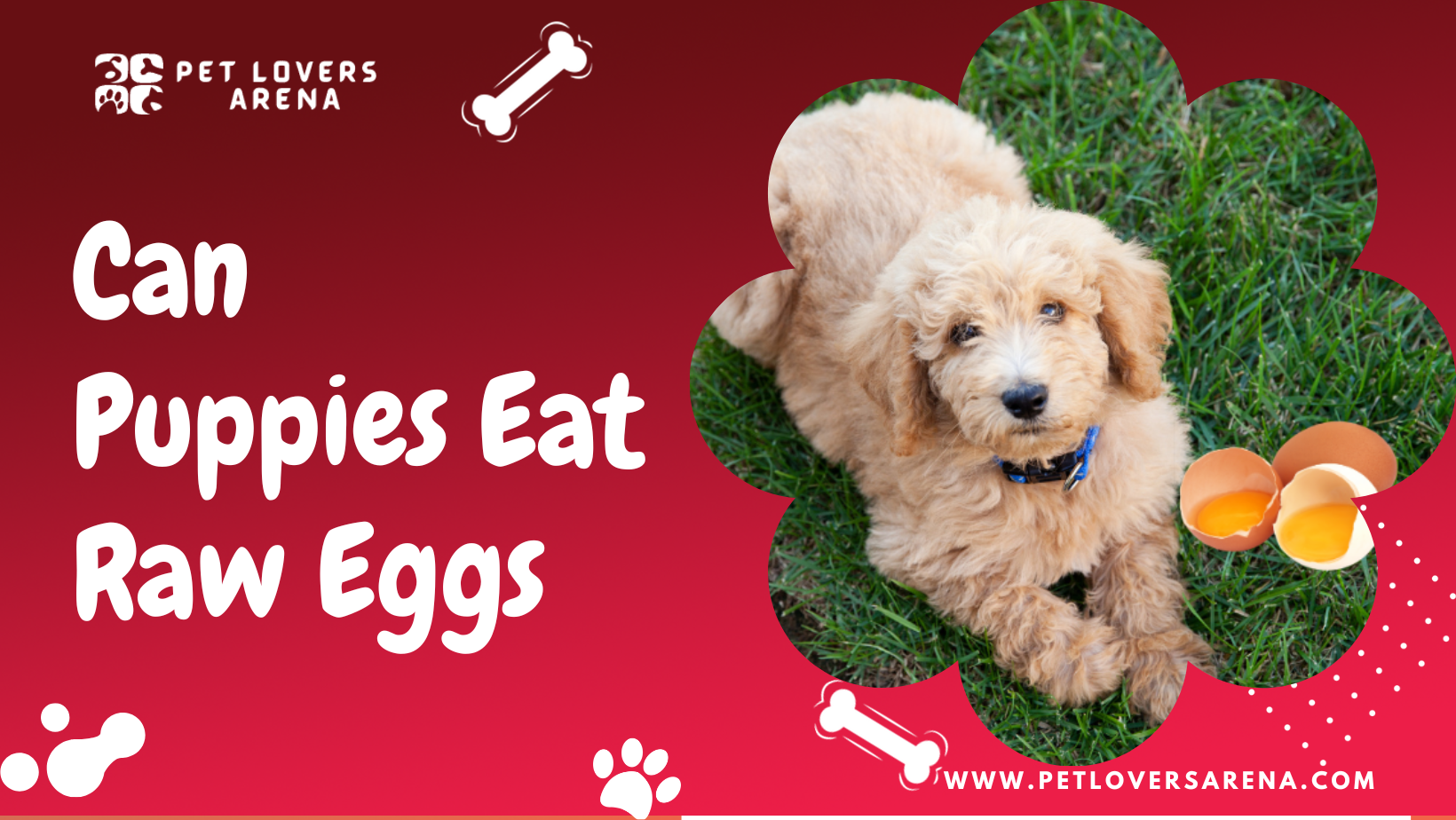Yes, puppies can eat raw eggs. However, eating raw eggs has its benefits and downsides, depending on the amount taken. This topic has had many controversies from many dog owners, scientists, and veterinaries.
Most people believe that eating raw eggs will not lead to any harm to dogs. Scientists claim that puppies could eat raw eggs from nests since ancient times without experiencing any issues.
On the other hand, veterinaries assert that few repercussions come with including raw eggs in your puppys food. In this case, it wouldn’t be wrong to say that it’s all about weighing the pros and cons before giving raw eggs to your puppy.
The Importance of Raw Eggs to Puppies
All the parts of an egg have nutrients and health benefits. These nutrients include fatty acids, vitamins, and mineral salts. Here is how the nutrients will benefit your puppy:
1. Vitamins

The egg yolks have a high concentration of vitamins that are beneficial to your puppy’s health. Examples of the yolk vitamins include; Vitamin A, Vitamin E, Vitamin B1, Vitamin B6, Vitamin K, Niacin, and Riboflavin.
Vitamins are crucial to the puppy’s development, a healthy immune system, and building blocks in metabolism. Avidin available in the egg whites is also essential for cellular growth, development of healthy skin, and coat of your puppy.
Nonetheless, too much Avidin can lead to health problems. To prevent the effects of Avidin, you should ensure that your puppy eats the whole egg. The egg yolk has a substance called biotin that regulates the Avidin.
2. Mineral Salts
The eggshell is rich in mineral salts, crucial in improving the puppy's immune system, growth, development, and strengthening bones and teeth. Mineral salts are also found in other parts of the egg like the white. Among the most common minerals found in eggs include Zinc, Copper, Iron, Magnesium, Calcium, and Sodium.
3. Amino Acids

Amino acids are very crucial in canines for building and maintaining muscles. The amino acids are available in the egg as proteins. They are available as amino acids after they are broken down and absorbed through the GI tract. Most of the amino acids are found in the white part of the egg in the following forms; Leucine, Methionine, Phenylalanine, Threonine, Tryptophan, and Arginine.
4. Bacteria
Raw food has bacteria, which may be necessary for your puppy’s digestive system. To ensure that there are not dangerous bacteria in the eggs, you should clean it thoroughly and store it in a cool, dry place.
How to Feed Eggs To A Puppy

How you feed your puppy and the amount you give it will determine whether raw eggs are good for it or not. Raw eggs are far much nutritional to puppies as compared to cooked eggs.
Cooking eggs will destroy many vitamins and proteins available in raw eggs. Dogs also love raw eggs than cooked eggs. You may be wondering if it’s right to allow your puppy to eat the eggshell.
In this case, the correct answer will depend on whether the eggshell is clean. While eggshells are an incredible source of calcium and other nutrients, you will want to consider a few things before feeding your little dog with eggshells.
One of the most essential things to know is that eggshells are the number one carriers of the salmonella bacteria that may affect your puppy.
But if you are sure that the eggshell is clean and dry, you can allow your puppy to eat them, as it will reduce the effects of biotin inhibitors.
To further reduce the chances of introducing salmonella to your puppy, ensure to buy organic eggs from free-range chooks.
These eggs are usually sprayed, and therefore with few chances of having bacteria. It will also help if you don’t over-feed your puppy with raw eggs.
Be sure not to exceed two eggs per day in the puppy’s diet. Generally, it’s a good practice always to observe the effects of the raw eggs on your puppy. If you observe an allergy sign, you should contact a dog specialist to seek professional help and advice.
Forrest is a lover of dogs, the wild outdoors, deep mysterious conversations… and coffee. He is the owner of several websites, including Canine Weekly. He resides in Austin, Texas.

